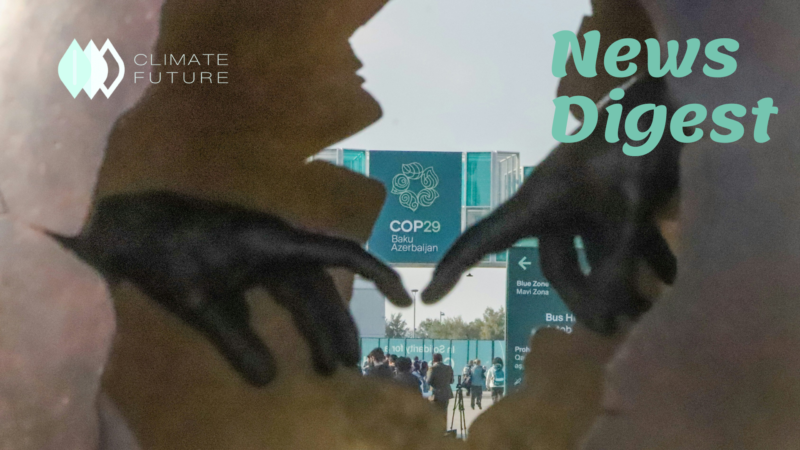World Food Day: Another year of global record hunger looms amid food and climate crisis
The number of hungry people around the world has risen from 282 million to around 345 million since the start of 2022. The World Food Program had reached just above 111 million in need by mid-year and aiming to attain a record 153 million by year’s end. The emergency food relief agency stated that it is holding back famine in five countries currently: Afghanistan, Somalia, Ethiopia, South Sudan and Yemen. Conflicts lead to the most vulnerable into catastrophic hunger with displaced communities, restricted humanitarian access and disrupted communications. For example, the war in Ukraine has disrupted global trade with high transportation costs. At that time, climate chocks are rising in frequency and intensity by leaving those affected and no time to recover between disasters. It is required to get USD 24 billion for WFP to reach 153 million people in 2022. Nevertheless, with the global economic recession from the COVID-19 pandemic, the gap between needs and fundings is bigger than ever before. If the necessary resources are not available, the price will be measured with loss of lives and the reversal of hard-ended development gains.
Disaster risk reduction: Only half the world equipped with adequate early warning systems
Together with the International Day for Disaster Risk Reduction, the numbers in the report are worse for developing countries in the front lines of climate change. Only one-third of Small Island Developing States (SIDS) and less than half of the Least Developed Countries (LDCs) have a multi-hazard early warning system. Global Status of Multi-Hazard Early Warning Systems- Target G is based on the new data which shows the countries with limited early warning coverage have eight times higher mortality rate during disaster than countries with substantial to comprehensive coverage. The report shows that LCDs, SIDS and countries in Africa need the most investment to increase early warning coverage and protect themselves against disasters.
Africa: Response to climate crisis doesn’t match ‘magnitude of the challenge’
At a debate on strengthening the response to climate change impacts on peace and security in Africa, Assistant Secretary -General for Africa, Martha Ama Akyaa Pobee mentioned that “our response today does not match the magnitude of the challenge we are facing”. She added that the climate emergency is “a danger to peace”. Even though there is no direct link between climate change and conflict, “climate change exacerbates existing risks and creates new ones”. Since desertification and land degradation drive competition for resources, they also destroy livelihoods and food security for millions. She said that there were three priorities moving forward; firstly begins with increasing the capacity for risk analysis and integrating a climate lens into peacemaking, conflict prevention and peacebuilding efforts. Since climate change does not have borders, analysis and engagement must be more focused regionally with cross-border resource-sharing. Secondly, people must be placed at the center of efforts to deliver security and peace with the expertise of those who are living with the consequences of climate change, adaptation strategies and leveraged to develop mitigation. Third, peacebuilding and climate action must reinforce each other with coherent policies which are good for climate and for peace.
Climate change: WMO report urges faster action on transition to clean energy
The new report of the World Meteorological Organization (WMO) mentioned that to limit the global temperature rise, electricity gained from clean energy sources must be doubled over the next eight years. Since the energy sector is responsible for around 75 % of global greenhouse gas emissions, changing to cleaner energy generation and improving energy efficiency is vital if we want to thrive in the 21st century. Net zero can be achieved by 2050 only if the supply of low-emissions electricity is doubled within the next eight years. The 2022 State of Climate Services includes the contribution from 26 different organizations. To get zero emission on energy is a key factor for realizing international agreements on sustainable development, planet health and climate change. Access to reliable climate information and services, weather and water will be more important to strengthen the resilience of energy infrastructure and match with rising demand, which has jumped 30% over the past ten years. Climate services in the energy generation field should include planning the purchases of electric power and gas, optimizing power plants from renewable sources and managing emergency responses.



